All Formats & Editions
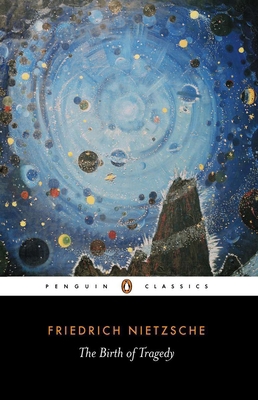
The Birth of Tragedy: Out of the Spirit of Music
The first book by the author of the classic philosophical text Beyond Good and Evil. The youthful faults of this work were exposed by the author himself in the brilliant Attempt at a Self-Criticism, which he added to the new edition of 1886. But the book,...

The Birth of Tragedy: Out of the Spirit of Musi...
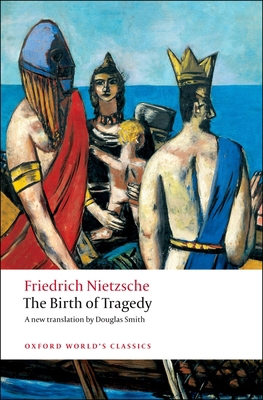
The Birth of Tragedy
In The Birth of Tragedy Nietzsche expounds on the origins of Greek tragedy and its relevance to the German culture of its time. He declares it to be the expression of a culture which has achieved a delicate but powerful balance between Dionysian insight into the chaos and suffering...
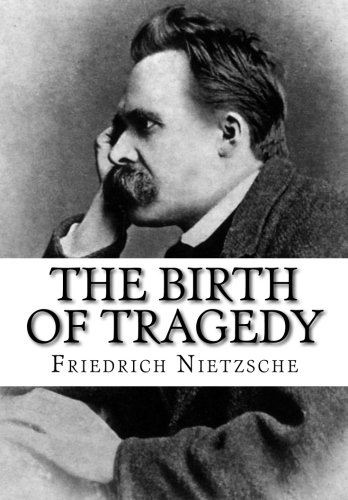
The Birth of Tragedy
The Birth of Tragedy itself is structured around an explanation of the rise of literature in Greek culture. The artistic impulse first manifests itself with the invention of the pantheon of Olympic gods, then with the parallel creations of the Apollonian epic and Dionysian lyric...

The Birth of Tragedy
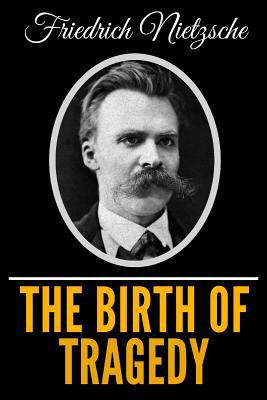
The Birth Of Tragedy
Frederick Nietzsche was born at R cken near Lützen, in the Prussian province of Saxony, on the 15th of October 1844, at 10 a.m. The day happened to be the anniversary of the birth of Frederick- William IV., then King of Prussia. (...) Science, art, and philosophy developed...
![Die Geburt der Tragödie: oder Griechentum und P... [German] 1484049519 Book Cover](https://i.thriftbooks.com/api/imagehandler/l/1A8606D406DEE0AE38A7E6E168E1223D0D3B9F9F.jpeg)
Die Geburt der Tragödie: oder Griechentum und P... [German]
![Nais de La Trage 1 N1 [French] 2070325423 Book Cover](https://m.media-amazon.com/images/I/518xdRpyldL._SL500_.jpg)
Nais de La Trage 1 N1 [French]
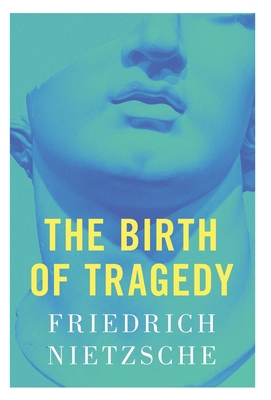
The Birth of Tragedy
Nietzsche's The Birth of Tragedy describes the origins and essence of Greek tragedy, offering a unique lens through which to understand the complex interplay of art, culture, and psychology. Nietzsche introduces the contrasting concepts of the Apollonian and Dionysian as fundamental...
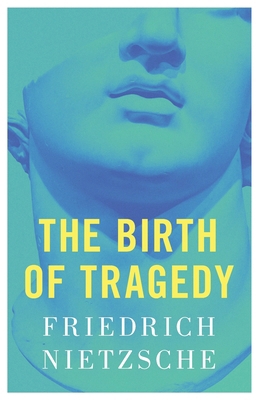
The Birth of Tragedy
Nietzsche's The Birth of Tragedy describes the origins and essence of Greek tragedy, offering a unique lens through which to understand the complex interplay of art, culture, and psychology. Nietzsche introduces the contrasting concepts of the Apollonian and Dionysian as fundamental...
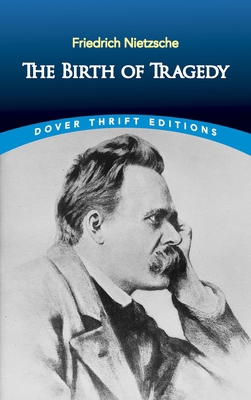
The Birth of Tragedy
Among the most influential philosophers of modern times, Friedrich Nietzsche (1844-1900) declared in this classic study that Greek tragedy achieved greatness through a fusion of elements of Apollonian restraint and control with Dionysian components of passion and the irrational...

The Birth of Tragedy (Dover Thrift Editions: Ph...

The Birth of Tragedy
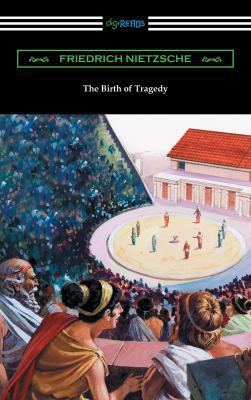
The Birth of Tragedy: (Translated by William A....

The Birth of Tragedy (Annotated)
Nietzsche's first published book, The Birth of Tragedy is a compelling argument for the necessity of art in life. This landmark work of criticism is fueled by Nietzsche's enthusiasms for Greek tragedy, the philosophy of Schopenhauer and the music of Wagner, to whom the book was...
![El nacimiento de la tragedia (Spanish Edition) [Spanish] B0CVXVZXMK Book Cover](https://m.media-amazon.com/images/I/41h8rL8bmjL._SL500_.jpg)
El nacimiento de la tragedia (Spanish Edition) [Spanish]
EL NACIMIENTO DE LA TRAGEDIA: Nietzsche explora la dicotomía entre los elementos apolíneos (orden, belleza, lógica) y dionisíacos (caos, éxtasis, emociones) en el arte, especialmente en la tragedia griega. Argumenta que la verdadera grandeza de la tragedia antigua yace en su...

The Birth of Tragedy
""The Birth of Tragedy"" is a philosophical work by Friedrich Nietzsche that explores the origins of Greek tragedy and its relevance to contemporary culture. The book is divided into two parts, with the first part examining the role of the Apollonian and Dionysian principles...

The Birth of Tragedy
In 1869, at the age of twenty-four, Friedrich Nietzsche was appointed a professor of classical philology at the University of Basel, a remarkable position for one of his age. The Birth of Tragedy, published in 1872, was his first significant publication. It did little,...
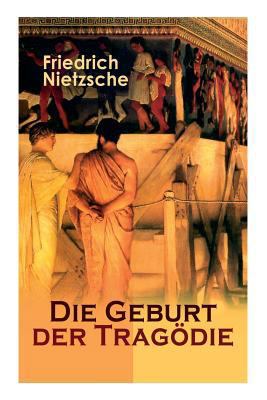
Die Geburt der Tragödie: Versuch einer Selbstkr...
![El nacimiento de la tragedia [Spanish] 1986315762 Book Cover](https://i.thriftbooks.com/api/imagehandler/l/8F4ABBA1EF6A77BE11A27E9C9AC011A28B243162.jpeg)
El nacimiento de la tragedia [Spanish]
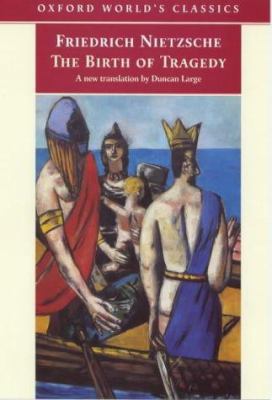
The Birth of Tragedy
In The Birth of Tragedy Nietzsche expounds on the origins of Greek tragedy and its relevance to the German culture of its time. He declares it to be the expression of a culture which has achieved a delicate but powerful balance between Dionysian insight into the chaos and suffering...
![The Birth of Tragedy (Chinese Edition) [Chinese] 7530219278 Book Cover](https://m.media-amazon.com/images/I/41FCBXjG6-L._SL500_.jpg)
The Birth of Tragedy (Chinese Edition) [Chinese]

The Birth of Tragedy
The Birth of Tragedy from the Spirit of Music is an 1872 work of dramatic theory by the German philosopher Friedrich Nietzsche. It was reissued in 1886 as The Birth of Tragedy, Or: Hellenism and Pessimism. This edition contains the prefatory essay, An Attempt at Self-Criticism,...
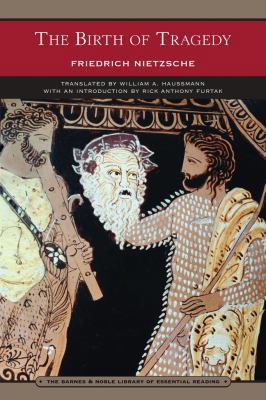
The Birth of Tragedy (Barnes & Noble Library of...
Argues the importance of the tension between what the author called Apollonian and Dionysian forces. In this title, the author boldly combines aesthetics and psychology in a creative meditation on the sources of artistic inspiration. It also addresses the problem of nihilism...
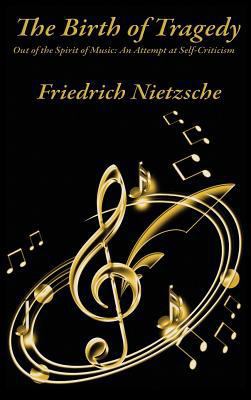
The Birth of Tragedy Out of the Spirit of Music...
We will have achieved much for the study of aesthetics when we come, not merely to a logical understanding, but also to the immediately certain apprehension of the fact that the further development of art is bound up with the duality of the Apollonian and the Dionysian, just...











